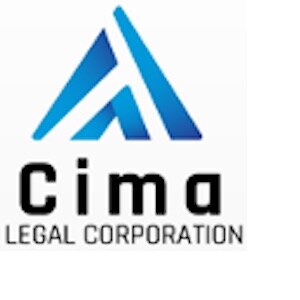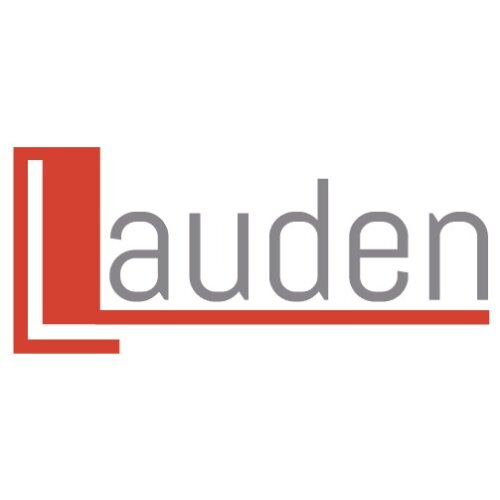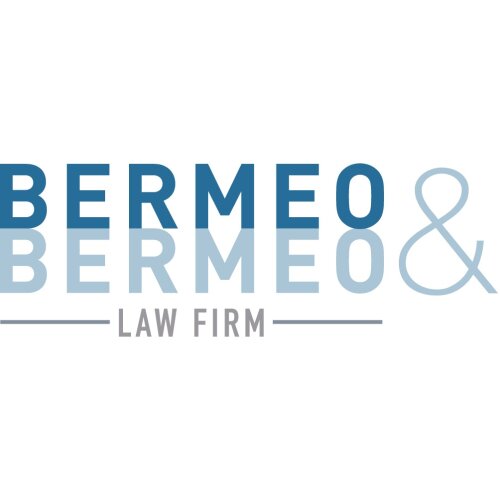Best Tax Increment Financing Lawyers in Quito
Share your needs with us, get contacted by law firms.
Free. Takes 2 min.
List of the best lawyers in Quito, Ecuador
About Tax Increment Financing Law in Quito, Ecuador
Tax Increment Financing (TIF) is a financial tool often used to encourage development within designated areas by capturing the future increase in taxes generated by the improved property. In Quito, Ecuador, TIF may be employed to stimulate economic development, infrastructure improvements, and revitalization projects. The goal is to foster growth in areas that may otherwise not attract private investment. By channeling the additional tax revenues back into the area, cities aim to enhance public infrastructure and services, thus promoting further investment and development.
Why You May Need a Lawyer
There are several situations where engaging a lawyer experienced in Tax Increment Financing can be critical:
- Understanding the fundamental eligibility requirements and application process for TIF in Quito.
- Assisting developers and property owners navigate the complexities of TIF agreements.
- Negotiating terms and conditions within TIF contracts to ensure favorable outcomes.
- Ensuring full compliance with local ordinances and regulations relating to TIF projects.
- Addressing any legal disputes or challenges that may arise in relation to TIF-funded projects.
Local Laws Overview
In Quito, TIF is governed by a series of local ordinances and regulations aimed at guiding its implementation and ensuring that projects align with the broader public interest. Key aspects of the local laws include:
- Designation of TIF districts, often focusing on underdeveloped or economically challenged areas.
- Requirements for public hearings and participation to ensure community involvement and transparency.
- Mechanisms for the allocation and use of tax increments, emphasizing improvements in public infrastructure and services.
- Regulatory requirements for reporting and accountability in TIF-funded projects.
- Criteria for evaluating the success and impact of TIF initiatives.
Frequently Asked Questions
What is Tax Increment Financing?
Tax Increment Financing is a public financing method used as a subsidy for redevelopment, infrastructure, and other community improvement projects.
How does TIF work in Quito?
In Quito, TIF captures the future tax revenue increases caused by the proposed project and reinvests it back into the designated area to fund improvements.
Who can apply for TIF in Quito?
Typically, municipalities, developers, and investors looking to develop or redevelop property within established TIF districts can apply.
What types of projects are eligible for TIF?
Projects that aim to revitalize or redevelop underserved areas, improve public infrastructure, or stimulate economic growth are generally eligible for TIF.
Are there any risks associated with TIF?
Yes, risks include potential increases in property taxes, unmet financial forecasts, legal disputes, and the displacement of current residents or businesses.
Can TIF be used for residential projects?
Yes, TIF can support residential projects if they contribute to the overall goals of economic development and area revitalization.
How is the success of a TIF project measured in Quito?
Success is typically assessed based on economic growth indicators, public infrastructure improvements, and increased property values in the TIF district.
What happens if a TIF project fails to generate the expected revenue?
If revenues fall short, it might impact the ability to fund all planned improvements, but typically does not affect the initial financing structure as it's based on future increments.
How long does a TIF district remain active?
TIF districts generally have a predefined term during which tax increments are collected, often ranging from 15 to 30 years, depending on local law.
How can I find out if a property is located within a TIF district?
You can check with the municipal planning or economic development office of Quito for maps and details of designated TIF districts.
Additional Resources
For those seeking further information or assistance with TIF in Quito, consider contacting the following:
- The Municipality of Quito's Urban Development and Planning Department
- Economic Development and Competitiveness Secretariat
- Local chambers of commerce or business associations
- Professional organizations for urban planners or economic developers in Ecuador
Next Steps
If you believe you need legal assistance, consider taking the following steps:
- Consult with a lawyer experienced in Ecuadorian real estate and financing law.
- Gather relevant documentation about the property and potential TIF project.
- Request an initial consultation to discuss your needs, expectations, and potential legal strategies.
- Stay informed about local policies and changes in TIF laws that might impact your project.
- Regularly communicate with all stakeholders to ensure alignment and understanding.
Lawzana helps you find the best lawyers and law firms in Quito through a curated and pre-screened list of qualified legal professionals. Our platform offers rankings and detailed profiles of attorneys and law firms, allowing you to compare based on practice areas, including Tax Increment Financing, experience, and client feedback.
Each profile includes a description of the firm's areas of practice, client reviews, team members and partners, year of establishment, spoken languages, office locations, contact information, social media presence, and any published articles or resources. Most firms on our platform speak English and are experienced in both local and international legal matters.
Get a quote from top-rated law firms in Quito, Ecuador — quickly, securely, and without unnecessary hassle.
Disclaimer:
The information provided on this page is for general informational purposes only and does not constitute legal advice. While we strive to ensure the accuracy and relevance of the content, legal information may change over time, and interpretations of the law can vary. You should always consult with a qualified legal professional for advice specific to your situation.
We disclaim all liability for actions taken or not taken based on the content of this page. If you believe any information is incorrect or outdated, please contact us, and we will review and update it where appropriate.















